Information democracy
Powerful companies and governments control the way the internet and new technologies are deployed. These actors blur the lines on corporate power in ways that have tremendous impact on people and democracies. The dominant business model of ‘Big tech’ platforms is based on surveillance, polarization and power imbalances. This ‘surveillance capitalism’ has had a global impact on democracy. For example, state and private actors can use the internet and technologies to spread political disinformation, to manipulate electoral results, to attack human rights defenders and to limit civic space.
Filter resources
-
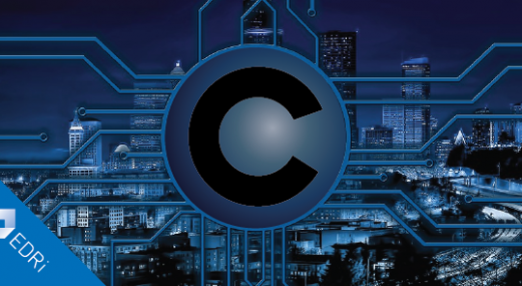
General monitoring of communications to block “undesirable” content
Increasingly, demands are made that “something be done” about “undesirable” and “harmful” material on the internet: online child abuse images and other criminal pornography, “extremism”, “incitement to violence”, “hate speech”, – and more recently, “fake news”. Organisations representing holders of intellectual property (IP) rights similarly demand that measures be taken to prevent the sharing of […]
Read more
-
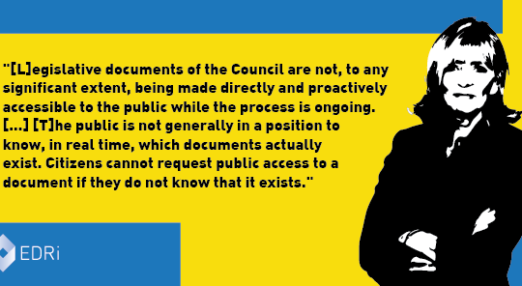
European Ombudsman shares EDRi’s concerns on Council transparency
On 13 February 2018, the European Ombudsman Emily O’Reilly published a Recommendation regarding the transparency of the legislative work of the Council of the European Union. Her strategic inquiry, which involved the examination of the Council’s work around the legislative course of the General Data Protection Regulation (GDPR), among other files, showed that the Council’s […]
Read more
-

T-Mobile treats everyone equally unequally
The Dutch national regulatory authority, Authority for Consumers & Markets (ACM), has again decided that the mobile operator T-Mobile does in fact respect European net neutrality rules. EDRi-member Bits of Freedom believes the decision of ACM is short-sighted. On 8 February 2018, the regulatory authority published its decision on our objection to its decision on […]
Read more
-

Don’t make your community Facebook-dependent!
Facebook is to invest tens of millions in “community leaders” – on the condition that the community leader uses the “Facebook family of apps and services”. EDRi member Bits of Freedom argues for reducing the role of Facebook in your community.
Read more
-
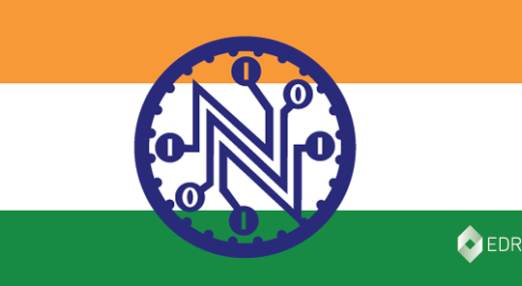
India set to have the world’s strongest net-neutrality protections
On 28 November 2017, India’s communications regulator, the Telecom Regulatory Authority of India (TRAI), recommended several net-neutrality protections be inserted into Internet Service Provider (ISP) licences.
Read more
-
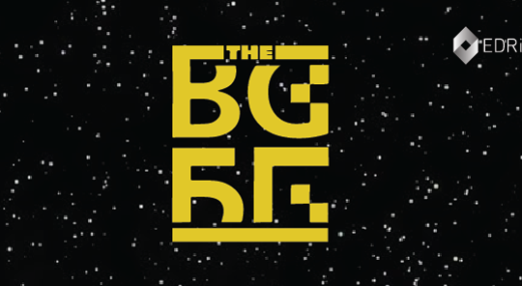
Copyright reform: The Bulgarian Presidency strikes back
Article 13 is a key issue in the discussions on the “Proposal for a Directive on Copyright in the Digital Single Market” that have been going on since 2016. It proposes requiring services that store content on the internet for users to “take measures, such as content recognition technologies, aimed at preventing the upload of […]
Read more
-
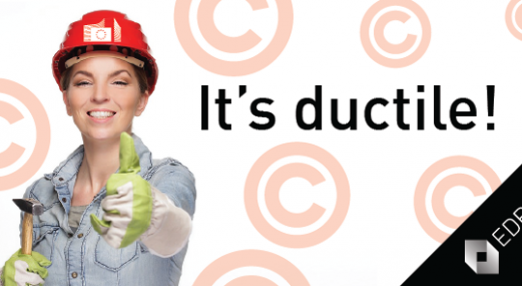
Smashing the law without breaking it: A Commission guide
How to create a general monitoring obligation without creating a general monitoring obligation? That is the question that the Commission has been trying to answer with the Article 13 of its “Proposal for a Directive on Copyright in the Digital Single Market”. It aims at solving the issue of a so-called “value gap”, that is […]
Read more
-

Germany: Constitutional complaint against intelligence agency BND
EDRi observer Gesellschaft für Freiheitsrechte (GFF) has filed a constitutional complaint against surveillance by Germany’s foreign intelligence agency, the Bundesnachrichtendienst (BND). A new law that the German Parliament passed in October 2016 allows the BND to spy on foreign journalists. This destroys trust between journalists and their sources precisely in places where investigative journalism is […]
Read more
-
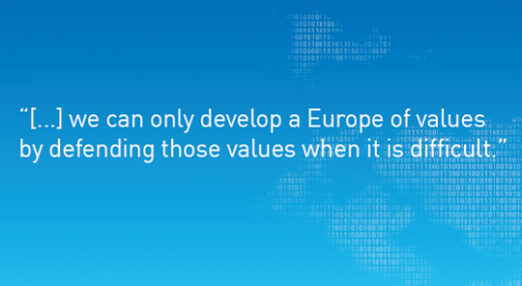
You can’t uphold the law by breaking the law
The Alliance of Liberals and Democrats for Europe (ALDE) invited EDRi member Bits of Freedom to speak at their annual New Year’s Seminar. Hans De Zwart, Director of Bits of Freedom, talked about how the rule of law can only be defended by the European Union taking an exemplary role including by strictly adhering to […]
Read more
-

CJEU hate speech case: Should Facebook process more personal data?
Austria’s Supreme Court of Justice has referred a case to the Court of Justice of the European Union (CJEU) regarding hate speech on social media platforms. The referral could have a global impact on Facebook – and ultimately on our privacy and freedom of speech.
Read more
-
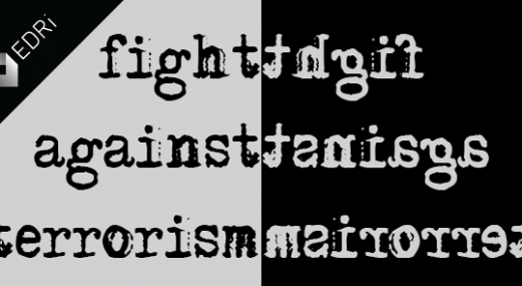
Can we ensure EU terrorism policies respect human rights?
During 2017, the European Union (EU) increased its arsenal its “fight against terrorism”, namely by adopting a Directive on combating terrorism and by setting up a Special Committee in the European Parliament. In partnership with the Open Society European Policy Institute (OSEPI), the European Network Against Racism (ENAR), Amnesty International, Human Rights Watch and the […]
Read more
-

Romania: Culture Ministry rallies copyright lobbyists
On 17 January 2018, the Romanian Ministry of Culture organised a debate on the EU copyright reform proposal. With the room full with about fifty participants, three quarters were representing press publishers, record labels and collective management associations. It seemed almost like a full-fledged campaign meeting organised for and by traditional newspapers and rightsholders organisations […]
Read more
